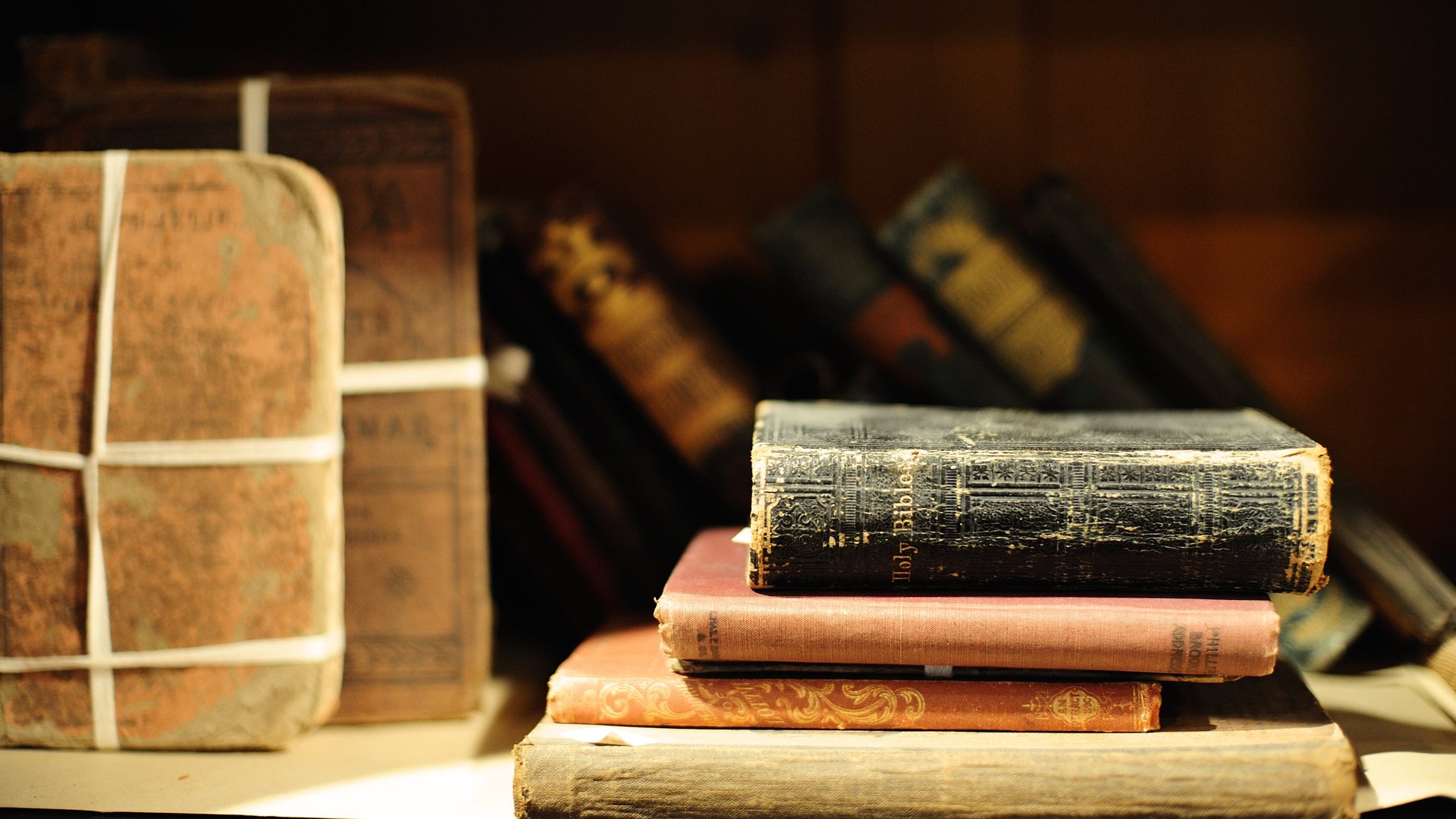Anyone can contribute to this dictionary of the world’s dying languages
Scientists estimate that at least 3,000 of the 6,900 languages currently spoken around the world will be lost by the end of this century.


Scientists estimate that at least 3,000 of the 6,900 languages currently spoken around the world will be lost by the end of this century.
There are many academic efforts to reverse this linguistic erosion, from National Geographic’s Enduring Voices Project to the National Science Foundation-backed Rosetta Project, but the scale of the task also demands a grassroots effort. So volunteer organization Wikitongues, which collects oral histories, is answering this call by creating a crowd-sourced dictionary app: Native speakers will soon be able to use it to preserve their languages simply by recording words, phrases, and videos on their phones.
Wikitongues’ co-directors Freddie Andrade and Daniel Udell work as web developers in New York City, where the Wikitongues project began as a school project in 2012.
“I wanted to learn more about underrepresented languages and there weren’t resources for that,” Udell tells Quartz.
He started recording videos of the many languages spoken in New York City, and posting them to YouTube. Andrade joined the effort in 2013, and when the two graduated from university, they set up a website and began archiving languages full time.
“As the project grew online, we started getting contacted by people asking if they could get involved,” Udell says.
Today, the website is run by over 100 volunteers, of which about 20 are active each month. A core team, including Andrade and Udell, is working on developing the app, Poly, and recently launched a Kickstarter campaign to fund it.
Their goal is put that tool in the hands of the last speakers of the world’s dying languages. Andrade and Udell read about such a woman last year in an article in the New York Times. “She was manually recording a written dictionary in her home in California with the help of her daughter,” he tells Quartz. “With our tools she would be able to do that much more easily—almost like texting—and it could also be made public.”
If all goes according to plan, the app will be launched publicly on Feb. 21, 2017, on the United Nation’s International Mother Language Day.